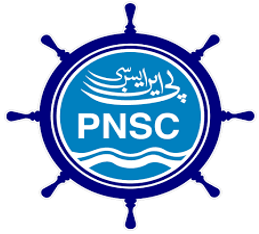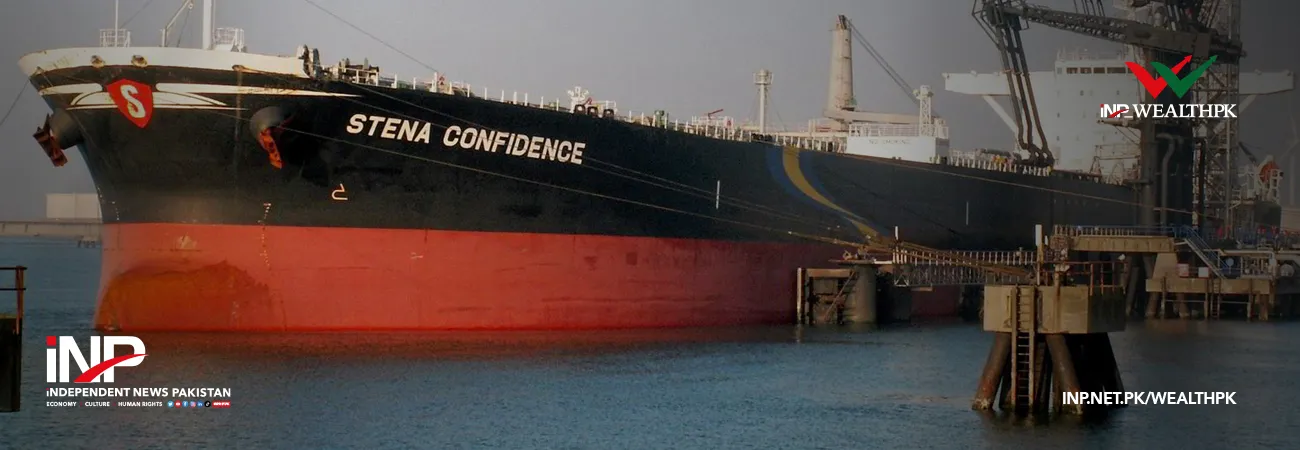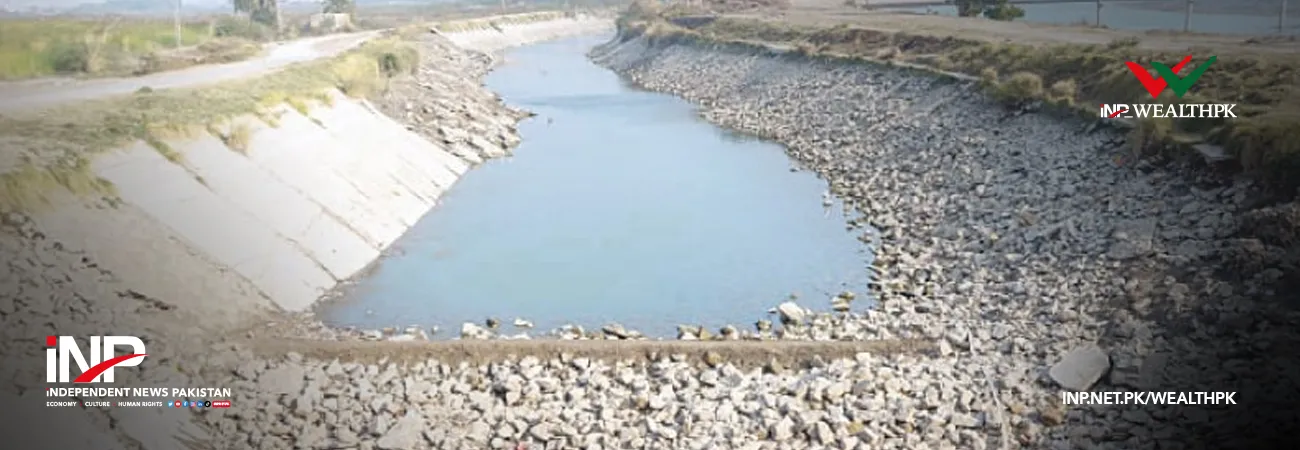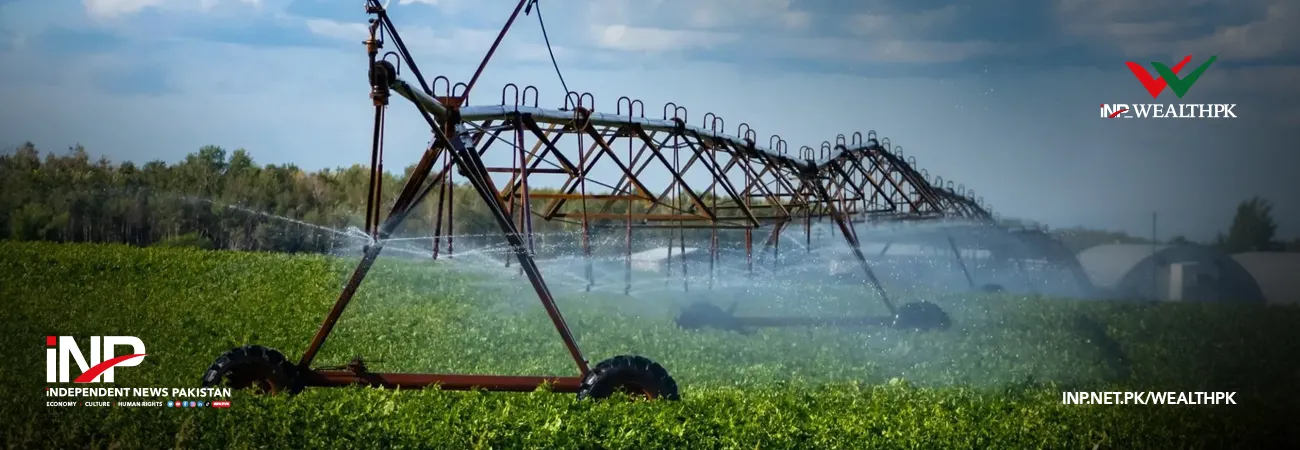INP-WealthPk
Ahmed Khan Malik
The Pakistan National Shipping Corporation (PNSC) has started the process to replace old tonnage to upgrade its fleet under a new procurement policy, reports WealthPK.

According to official procurement documents, no effort is being spared to upgrade the fleet to fulfill the COA obligation. Until full upgradation, the Corporation will take spot charter exposure with foreign tanker charter.
The dry bulk fleet primarily operates on spot cargoes, with a strategic approach to securing 1-2 vessels on long-term contracts once freight sentiment improves, ensuring stable cash flows while maintaining market flexibility.
Th PNSC’s Aframax fleet operates a shuttle service between the Arabian Gulf and Pakistan, while the LR1 fleet trades on the spot market with major trading houses, according to documents available with WealthPK.
These documents indicate that global tankers’ freight is expected to mostly remain steady in 2025 due to US sanctions and geopolitical disruptions driving alternative trade routes and increasing ton-mile demand.
The tanker market conditions in 2025, relative to the 2024 average, are expected to decline due to rising vessel deliveries and the normalization of demand growth.

The process of replacing old tonnage has been initiated in accordance with the new procurement policy and submitted for approval by the competent authority. The PNSC operates a fleet of 12 vessels with a total carrying capacity of 938,876 tonnes, serving diverse trade routes across the globe.
The Corporation has a strategically diverse fleet, which includes five double hull Aframax and two LR-1 Product tankers catering to the country’s energy needs. Panamax bulk carriers, alongside Supramax, Handymax, and Handysize bulk carriers, support the transport of a wide range of dry bulk commodities, including iron and steel products, fertilizers, minerals, coal, iron ore, grain, and construction materials.
To enhance operational efficiency, the PNSC is engaged in developing an independent procurement policy in compliance with the SOEs Act 2023. The procurement policy shall aim to streamline the Corporation’s procurement process, particularly for the second-hand vessels, by aligning the internal processes with international shipping standards while simultaneously ensuring value for money, traceability and transparency, according to the documents.
While the focus of vessel acquisition process shall be towards acquiring new vessels, to be built to specifications that meet the PNSC’s trade requirements, the possibility of acquiring secondhand vessels shall also be explored to enable the Corporation to capitalize on the opportunities available in the market, the documents said. The cost of new vessels is usually higher than that of secondhand vessels, thus requiring a higher capital outlay and a longer payback period.
On the other hand, secondhand vessels may not fully meet the Corporation’s technical requirements since they were built to the requirements of other shipping firms, and their maintenance costs may also be higher as compared to new vessels. It may also be noted that maintaining a fleet, comprising a mix of new and secondhand vessels, is a common international ship owning practice, practiced extensively even by the largest global shipowners.
By strategically acquiring both new and pre-owned vessels, the PNSC anticipates achieving economic benefits aligned with the shareholder objectives. This two-pronged approach is anticipated to position the PNSC toward sustainable growth in the maritime transportation sector.
Credit: INP-WealthPk













